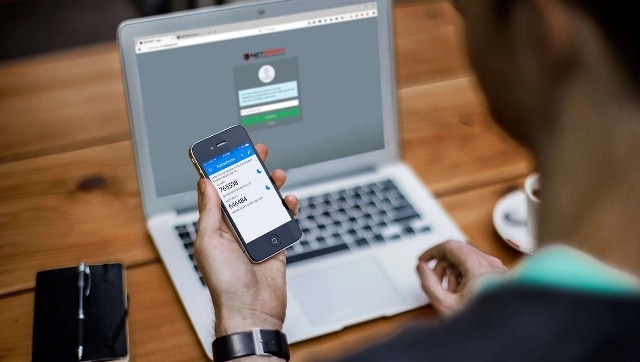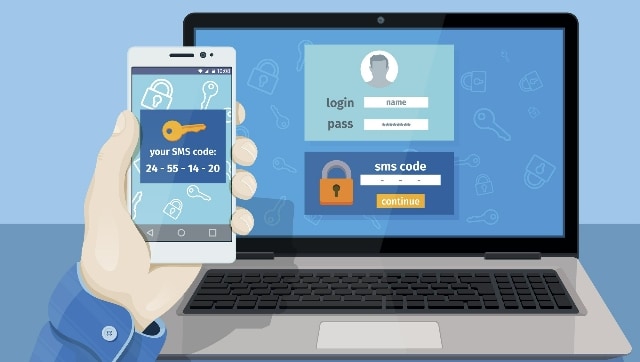India takes cyber security seriously, leads in usage of multi-factor authentication: Report- Technology News, Firstpost
FP StaffSep 29, 2022 14:02:05 IST
With the past two years resulting in a permanently altered working environment across the world, changes in security were both necessary and notable. And, it seems that India and Indian firms are taking cyber security very seriously.

A new study by the Thales Group, a French multinational company that designs, develops and manufactures systems and equipment for the aerospace, defence, transportation and security sectors has found that while the global MFA or Multi-Factor Authentication in 2022 was recorded at 56 per cent, in India, the adoption rate had gone up to 66 per cent.
“India obtained both the highest percentage increase of MFA adoption and highest overall percentage of MFA usage, up 19 percentage points to 66 per cent this year. India is followed by Singapore with a 17 percentage point increase in adoption to 64 per cent, and UAE with a 10-percentage-point increase, to 65 per cent,” 2022 Thales Access Management Index showed.
For those who are unaware, MFA or multi-factor authentication is a security technology that requires multiple methods of authentication of credentials for logging into an account or enabling an online transaction. The easiest example to recognise this, would be Google’s 2-factor authentication, which is used whenever a user tries to log in from a new or unknown device, or the one that Facebook uses.
The global MFA usage was highest at 68 per cent in remote workers. It was followed by 52 per cent of the privileged users.

The report further showed that MFA adoption is on the rise for internal and non-IT staff with MFA adoption increasing to 40 per cent in 2022 as compared to 34 per cent in 2021.
Corresponding to a rise in MFA adoption, the number of professionals globally with very high concerns about the security risks of remote work decreased to 31 per cent in 2022 from 39 per cent in 2021.
Also, 84 per cent of IT professionals globally showed confidence in their user access security systems to enable remote work securely and easily. This was 56 per cent in 2021.
The survey further revealed that the pandemic has also impacted plans to deploy cloud-based access management. In 2022, it was selected by 45 per cent of the respondents compared to 41 per cent in 2021.
In 2021, Zero Trust Network Access/Software-Defined Perimeter (ZTNA)/(SDP) was the top choice, selected by 44 per cent of respondents globally. In 2022, ZTNA was the second choice at 42 per cent.
Under ZTNA, all the users, whether in or outside the organization’s network, are required to be authenticated, authorized, and continuously validated for security configuration before being granted or keeping access to applications and data.
{n.callMethod? n.callMethod.apply(n,arguments):n.queue.push(arguments)}
; if(!f._fbq)f._fbq=n;n.push=n;n.loaded=!0;n.version='2.0'; n.queue=[];t=b.createElement(e);t.async=!0; t.src=v;s=b.getElementsByTagName(e)[0]; s.parentNode.insertBefore(t,s)}(window,document,'script', 'https://connect.facebook.net/en_US/fbevents.js'); fbq('init', '259288058299626'); fbq('track', 'PageView');
For all the latest Technology News Click Here
